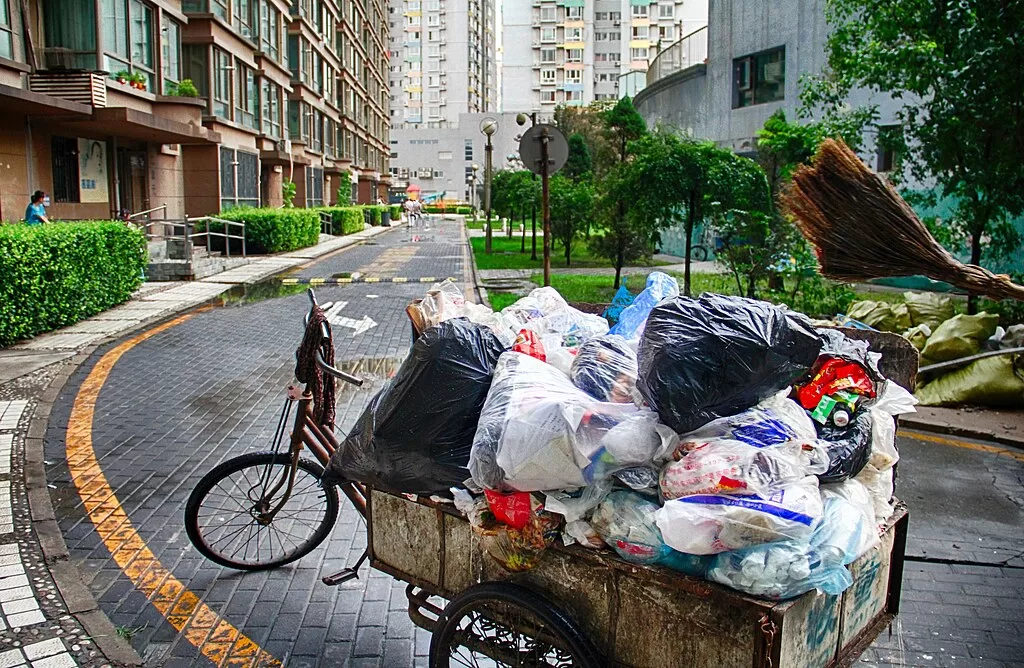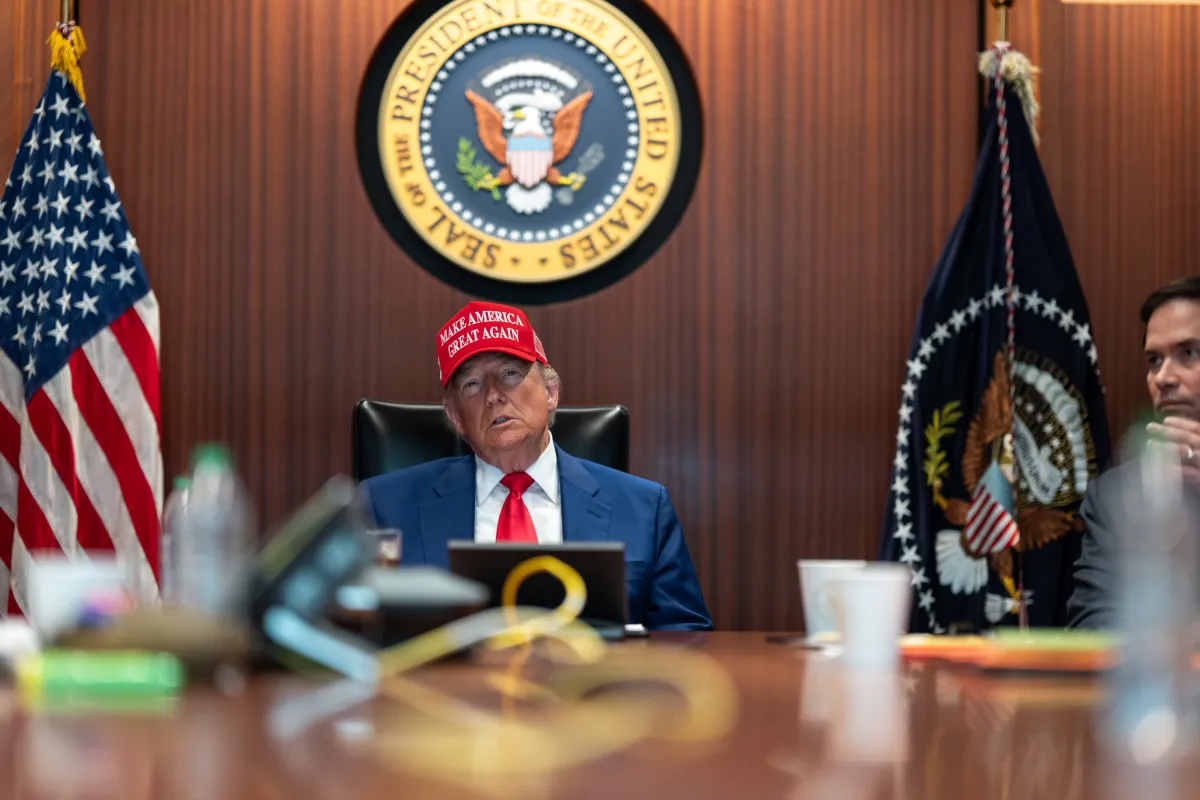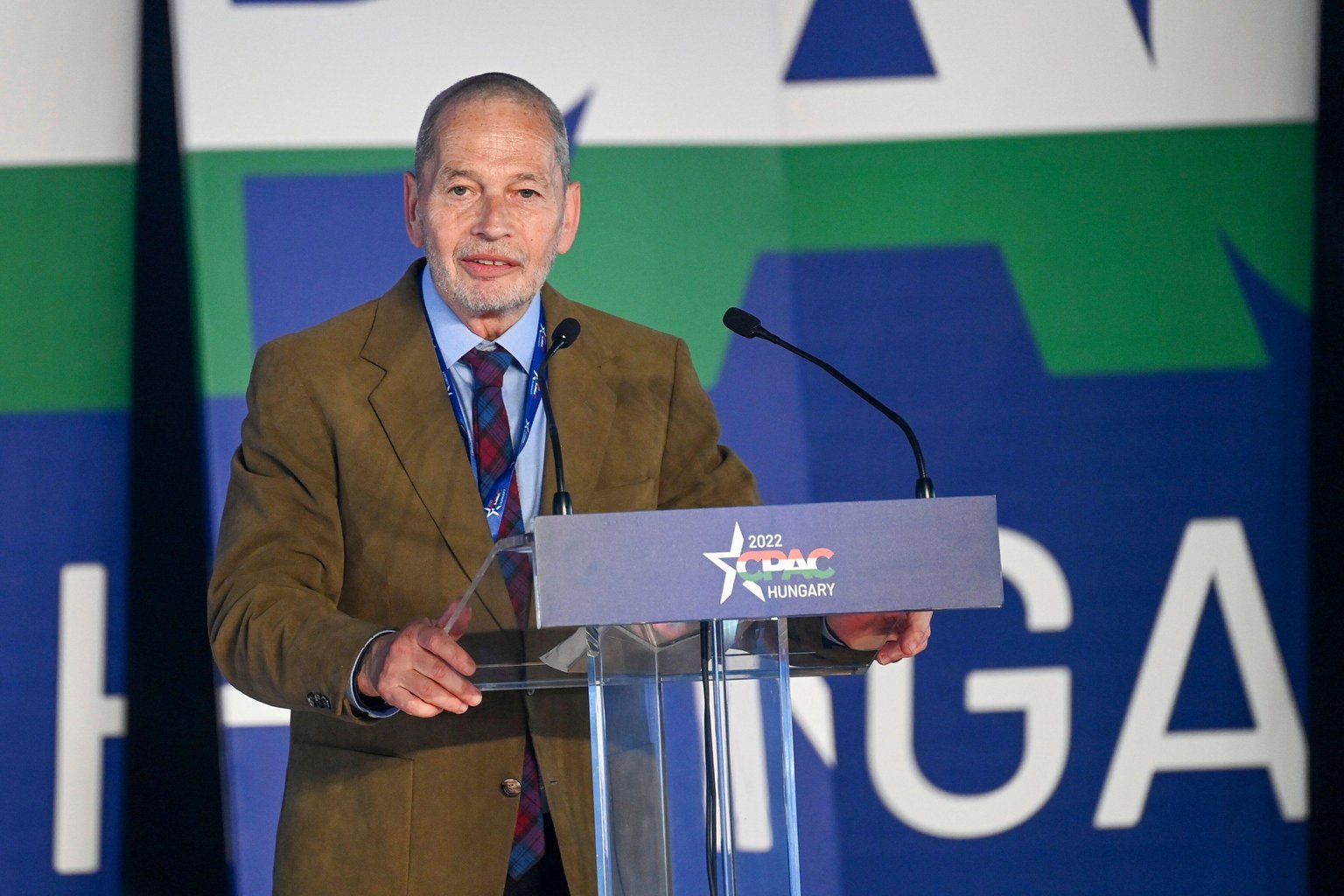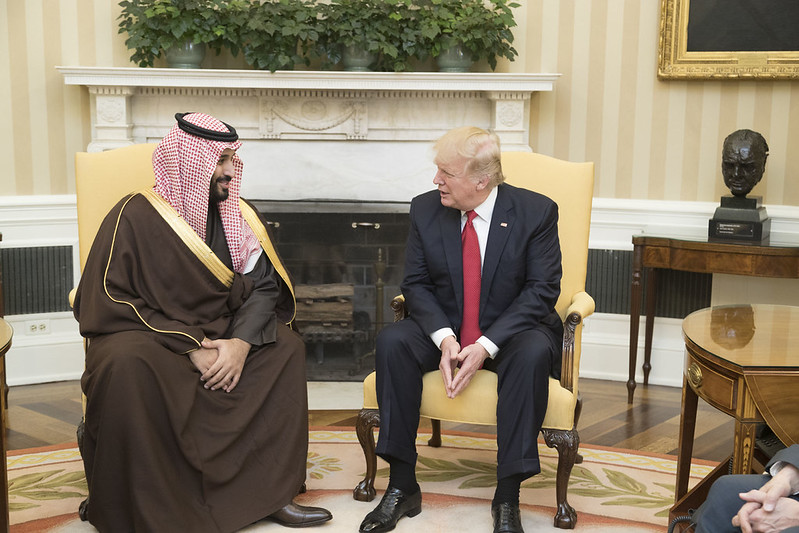Has China entered a “garbage time of history”? Some netizens think so. According to a Guardian article from yesterday, the term is trending, coined to reflect a generation who feel squeezed by rising costs and other social burdens. Those behind the term even created a “2024 misery ranking grand slam”, which tallies up the number of misery points that a person might have earned this year (one star for unemployment, two stars for a mortgage, another for hoarding the expensive liquor Moutai and so on). I always felt bonded to many of my Chinese friends by what I’d say was a shared sense of humour – the dry, acerbic sort that Brits are famed for, the one that is still able to chortle no matter how bad the news. It’s very much on display in this story.
The censors though aren’t laughing. They’re scrubbing. Pity these people who take away the lemonade from those with lemons.
Two other stories emerged from the region this week that, while not necessarily “garbage”, were bad. The first concerned a rumour that Xi Jinping had a stroke (side note: Xi is 71, his mother is 97, and his father died aged 88). The rumour spread across Chinese social media and was picked up on X by the activist Jennifer Zeng, who has a huge following. It was later debunked, including by the Reuters Fact Check team here. In the interim, China’s censors blocked posts about it.
The story was troubling, and not just the censorship angle. There are perils to getting things wrong when you are meant to be on the side fighting for freedoms, a central one being that it’s an own goal, a way to feed into the autocrats’ line that it is others, not themselves, who can’t be trusted.
Another troubling story this week came out of Hong Kong. On Wednesday Wall Street Journal reporter Selina Cheng was laid off. The Post said it was part of a restructuring. Cheng believes it was linked to her taking up the position of chair at the Hong Kong Journalists Association, a union that campaigns for media freedom. She said she was pressed by her employer not to stand for election for chair, being told the role would be “incompatible with my employment at the Wall Street Journal”. The WSJ have not commented on her firing. But a pattern appears to be emerging of major international outlets being spooked by association with the HKJA. According to an article from the China Media Project, three recently elected members of the HKJA board, alongside an outgoing leader of the Foreign Correspondents’ Club of China, said they faced similar pressures.
“All asked to remain anonymous, fearing reprisals from their employers, but confirmed that the Journal is not alone: the biggest names in Hong Kong and China’s foreign press have been pressuring their employees to stand back and stay quiet, or face the repercussions. For the territory’s embattled journalists, defending the free press has become a fight on two fronts: against both an increasingly authoritarian government and their own employers, based in the West and nominally committed to liberal principles,” the article said.
Meanwhile Tom Grundy from Hong Kong Free Press, one of the few independent media to still operate from Hong Kong, told Index that the news added to the sense of vulnerability felt by journalists there. He said:
“When a giant international news organisation fails to support the city’s only independent media union and its officers, they further erode press freedom by closing precious space. It sends a terrible signal, and makes their own remaining staff more vulnerable in the long run. Especially locals.”
The Beijing supporting media of course is loving it. The Global Times tabloid was calling the press union “a malignant tumour that harms the city’s safety and security”.
Finally on the note of the WSJ, we have just heard news that the reporter Evan Gershkovich has been sentenced to 16 years in a Russian prison on espionage charges after he was arrested last March while on a reporting trip in the city of Yekaterinburg 1,600 km east of Moscow. That this news was predicable doesn’t make it any less disturbing. We will continue to fight for his release.






